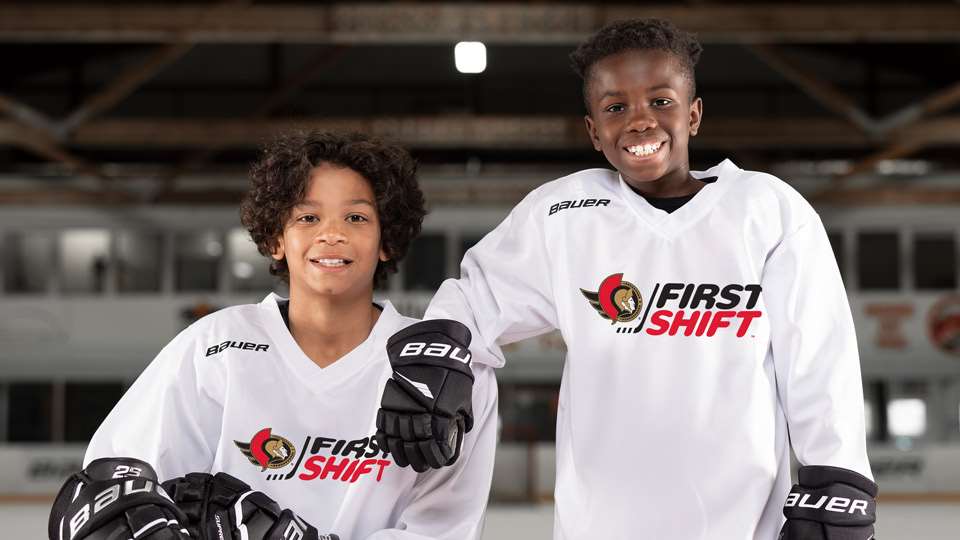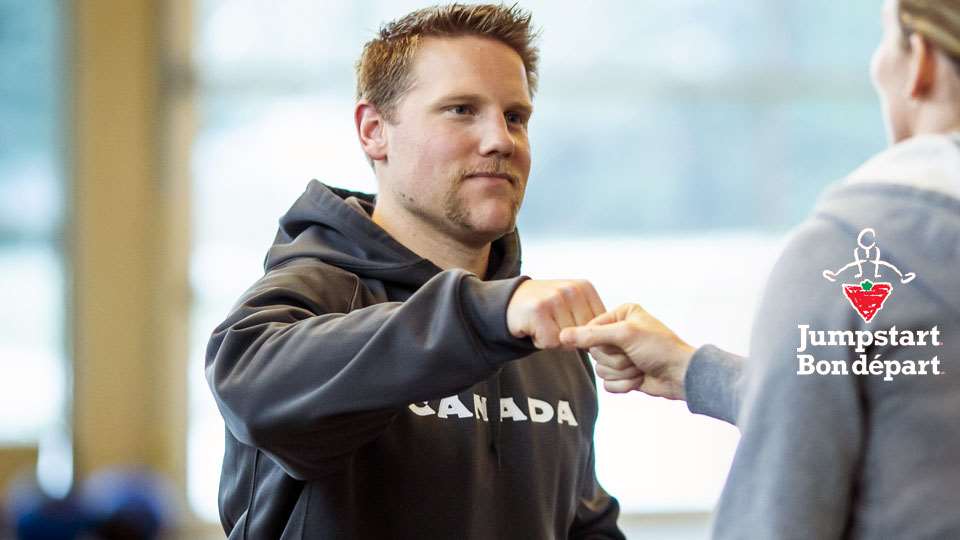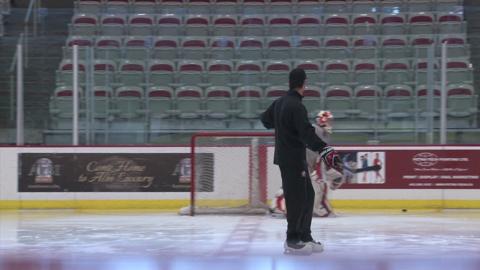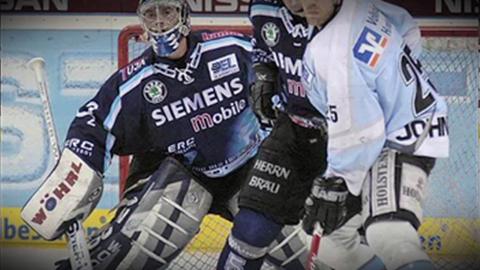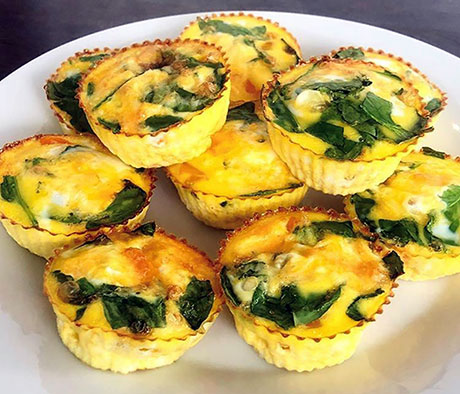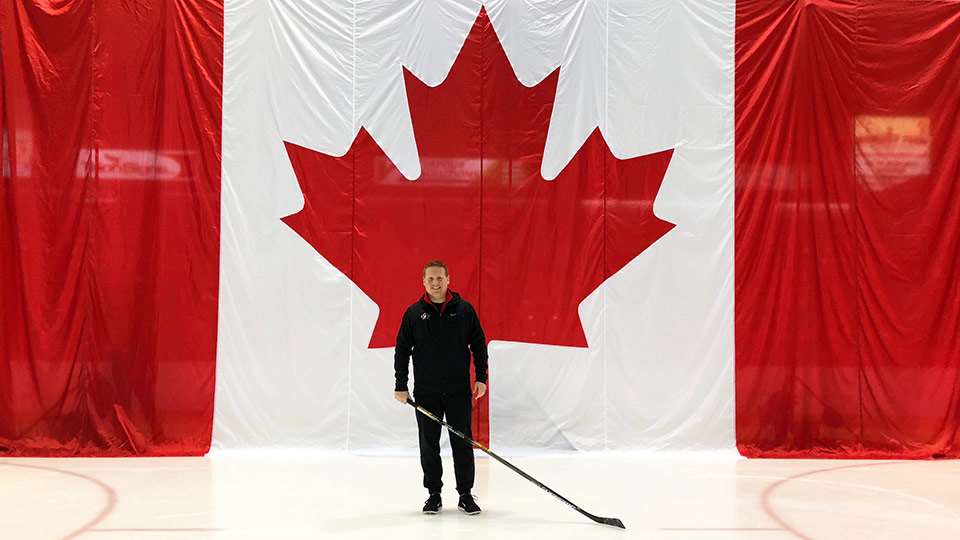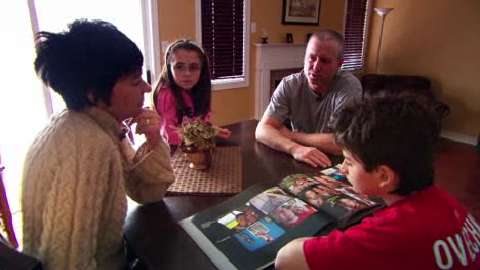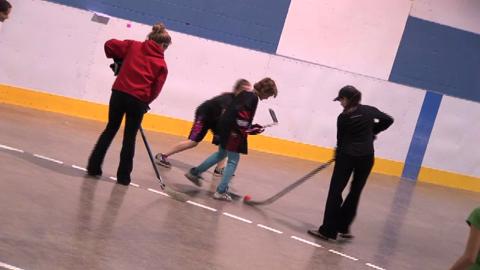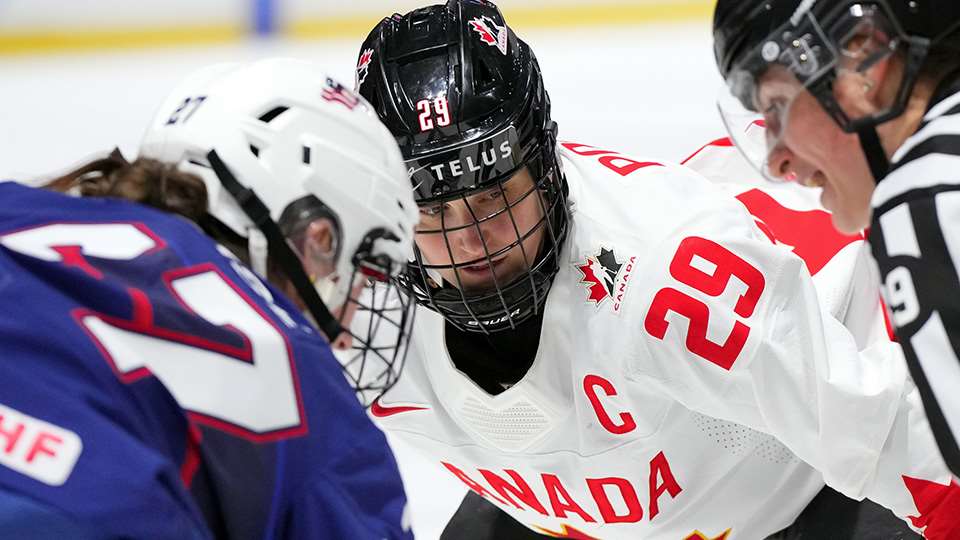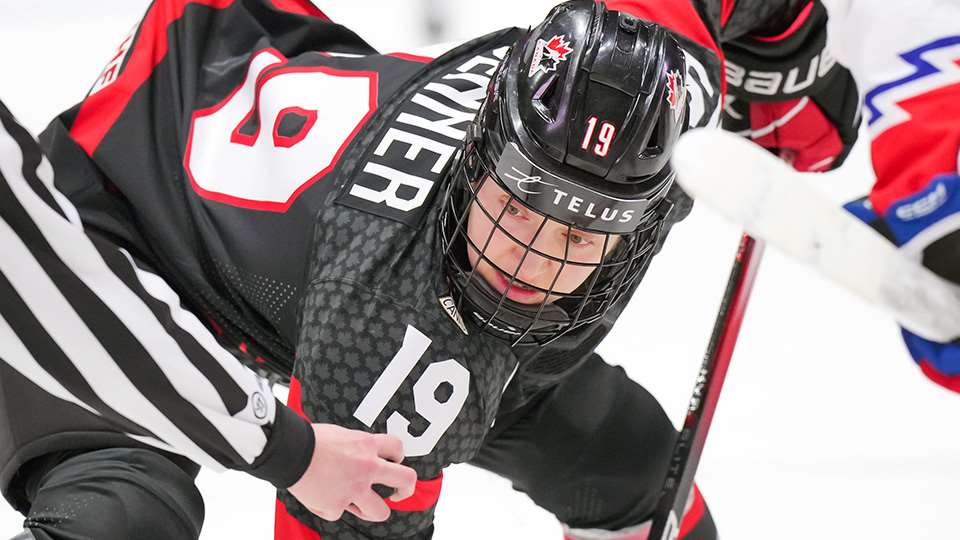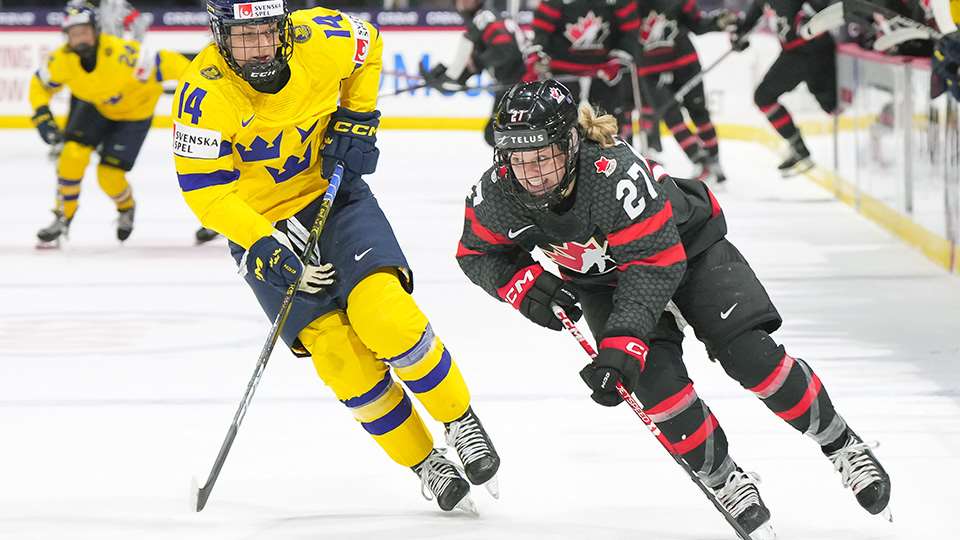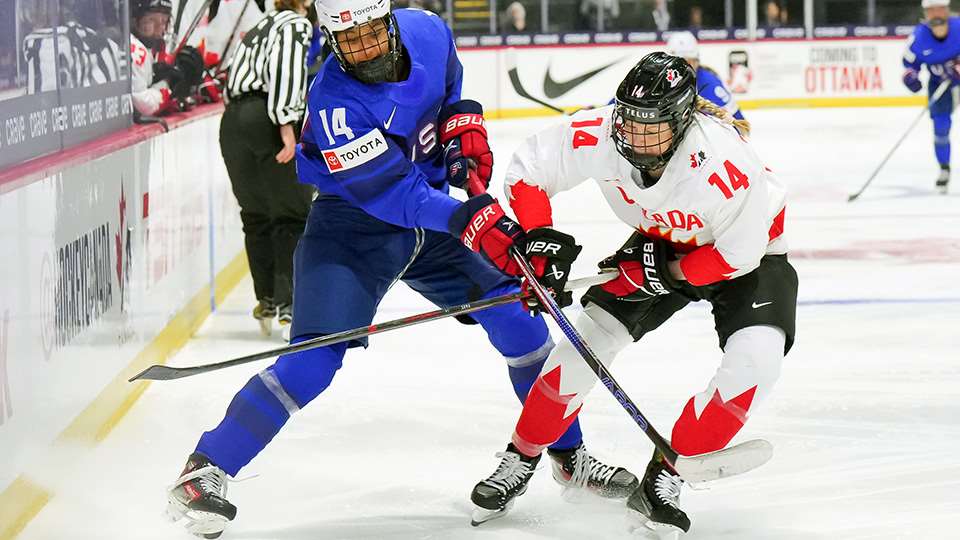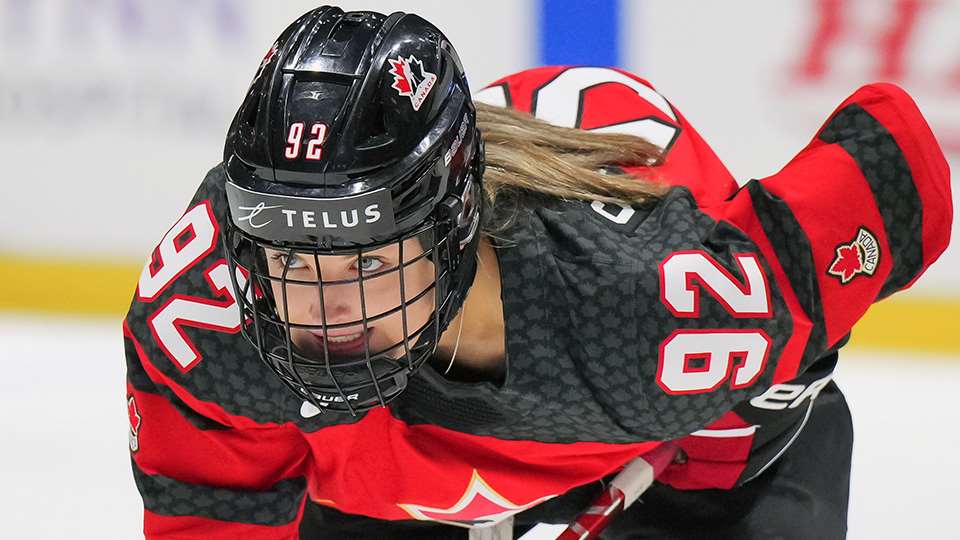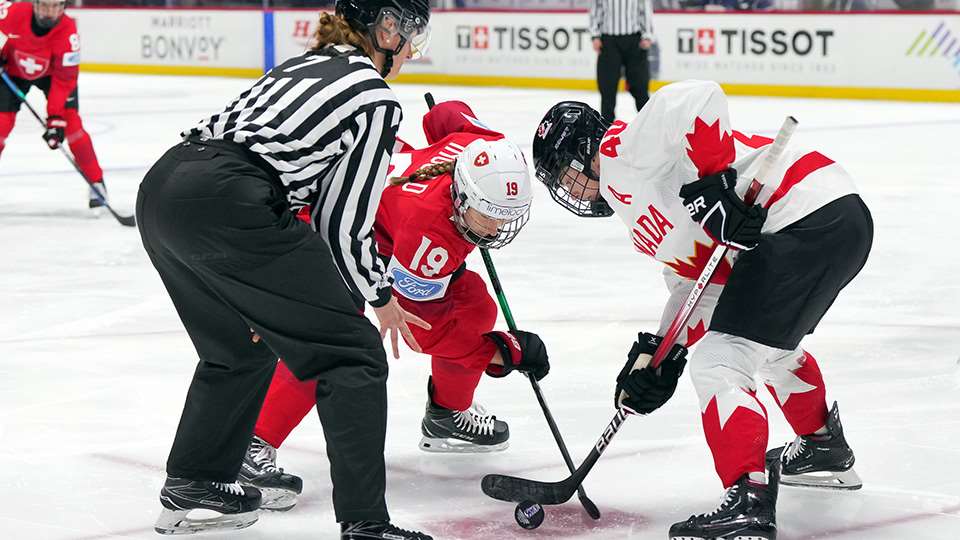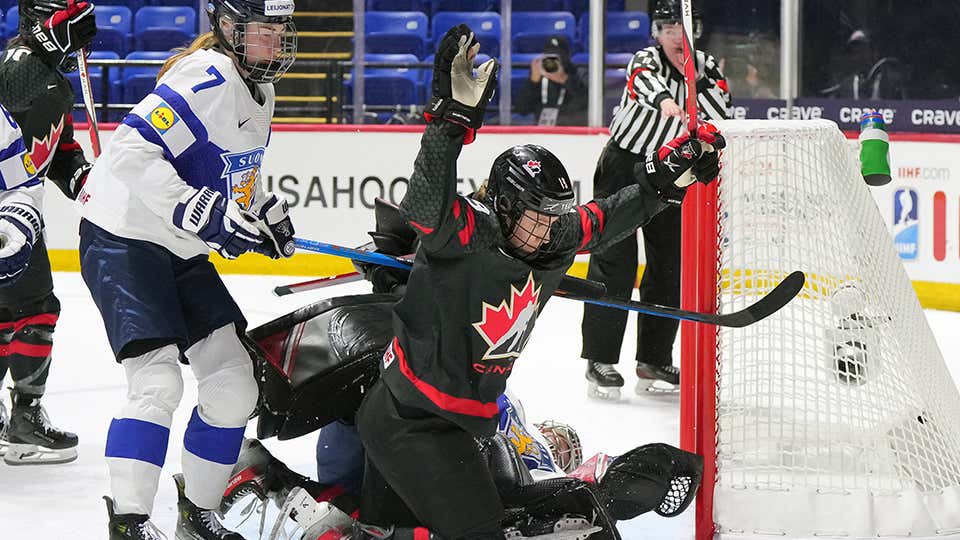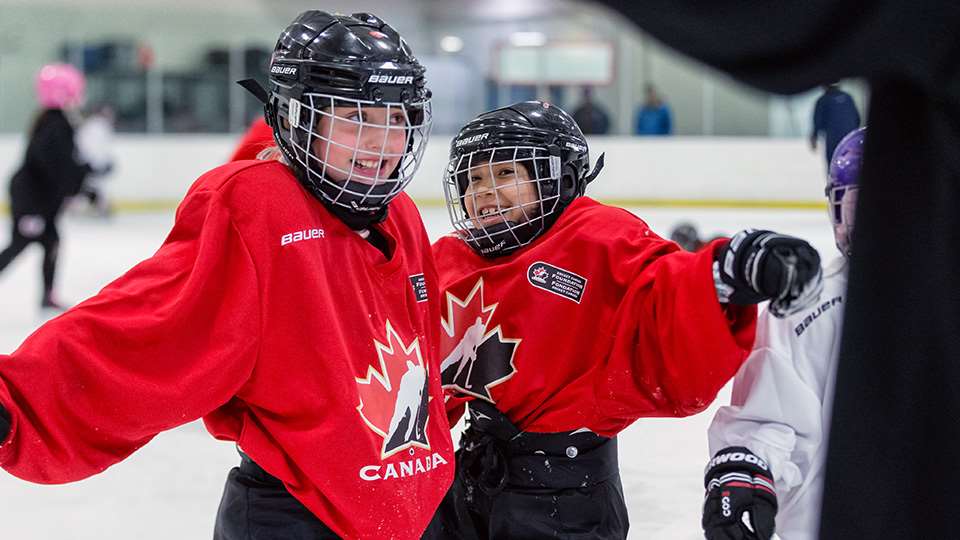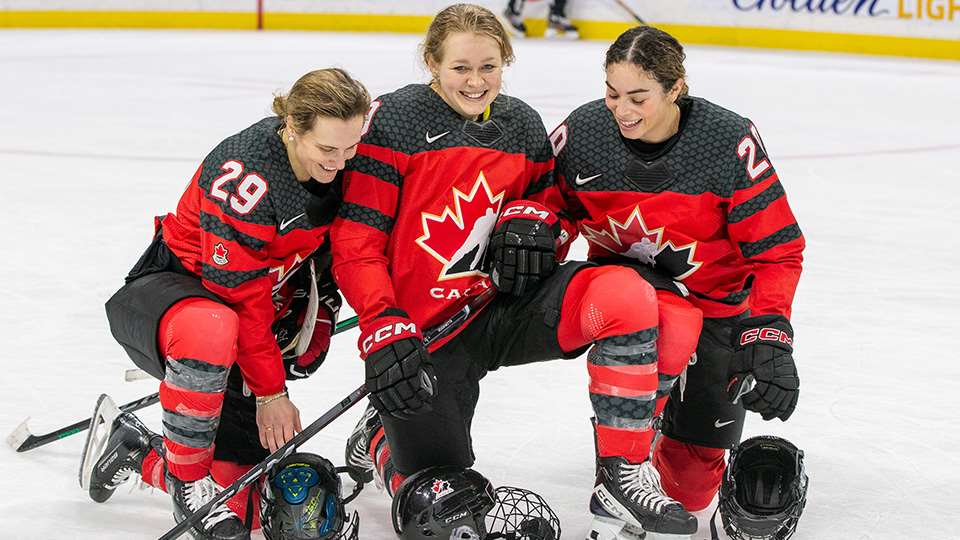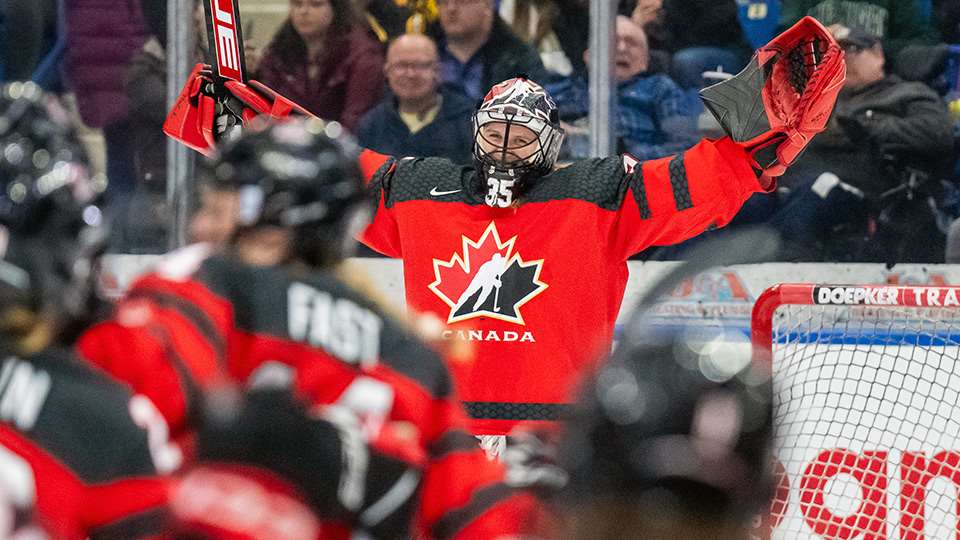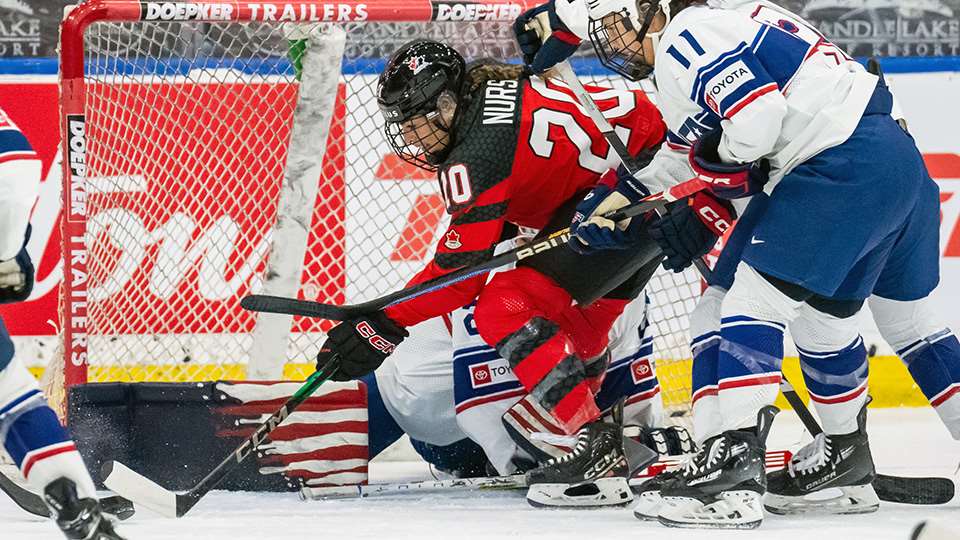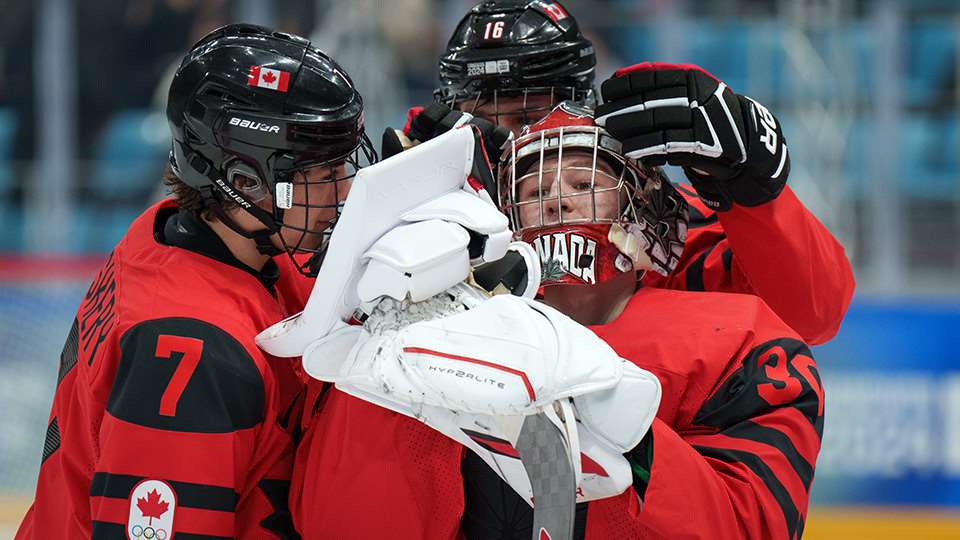
On The Fly

|
ACOE.006
Coaches Tip – Running an effective practice: Since ice-time is so hard to come by at arenas all across Canada it is crucial to make the best use of your time on the ice. The first thing you can do to eliminate any “wasted” time is to do your warm-up activities and stretches before you even get onto the ice. Have the players go for a quick run around the arena, and then stretch as a group before the practice begins. Before going on the ice, go through all of the drills that you’ll be doing with the players, so that once you get on the ice, there won’t be any waiting around. As the coach you should come to the practice prepared. Have a game-plan and know what you want to accomplish at every practice, whether it’s your power-play, defensive coverage, or your breakout, you should have specific drills dedicated to improve what needs to be worked on. When creating drills get as many players involved as possible. Having players waiting in line will cause them to lose focus. Officials Tip – Dealing with conflict: Regardless of whether you’re a first year minor hockey official, or a fifteen year NHL official you will run into conflicts and it is important to know how to manage and resolve the conflicts. The first thing to understand is that when conflict arises it is not necessarily the officials fault. Players, coaches, and fans often look for something or someone else to blame when the game isn’t going their way, and officials seem to be the easiest scapegoat. One of the biggest parts of an official’s job is conflict management. You will not make calls that please both teams, so the best you can hope for is to earn everyone’s respect. Trainers Tip – Dealing with injuries: When a player gets injured in a game or practice, it is important to know the proper way to prevent the injury from getting worse as well as healing as soon as possible. The RICE (rest, ice, compression, and elevate) principle is easy to remember, as well as very helpful in the road to recovery. Rest: Rest the area that has been injured. Use crutches, slings, splints, or tape, to restrict the movement of the injured area. Ice: Icing the sore or injured area can reduce pain, inflammation, and swelling. Ice should be applied for 12-20 minutes, and then removed for 90 minutes before reapplying. Ice should be used for the first 72 hours following the injury. Compression: Compression helps to reduce swelling and blood flow to the injured area. Wrap the injured area with an elastic bandage. The wrap should be tight; however it shouldn’t be so tight that your toes or fingers begin to feel numb. Elevation: It is important to keep the injured area elevated as much as possible. What this does is keep the blood from pooling at the injured area, and helps return the blood to the heart. Administrations Tip – Dealing with volunteers: Without a doubt volunteers are an integral
part of any hockey team or association. Volunteers put endless hours into hockey, and make it possible for
the players to play the game they love. It is very common for one parent to step up and take on a large
portion of the responsibilities. What you want to remember when dealing with volunteers is that you don’t
want to get one individual too involved, because it is unfair to that individual, and it could lead to a
burnout. It is important that the responsibilities and tasks be divided up amongst a variety of different
parents, and try to get as many people involved as possible. |
For more information: |
- <
- >

















